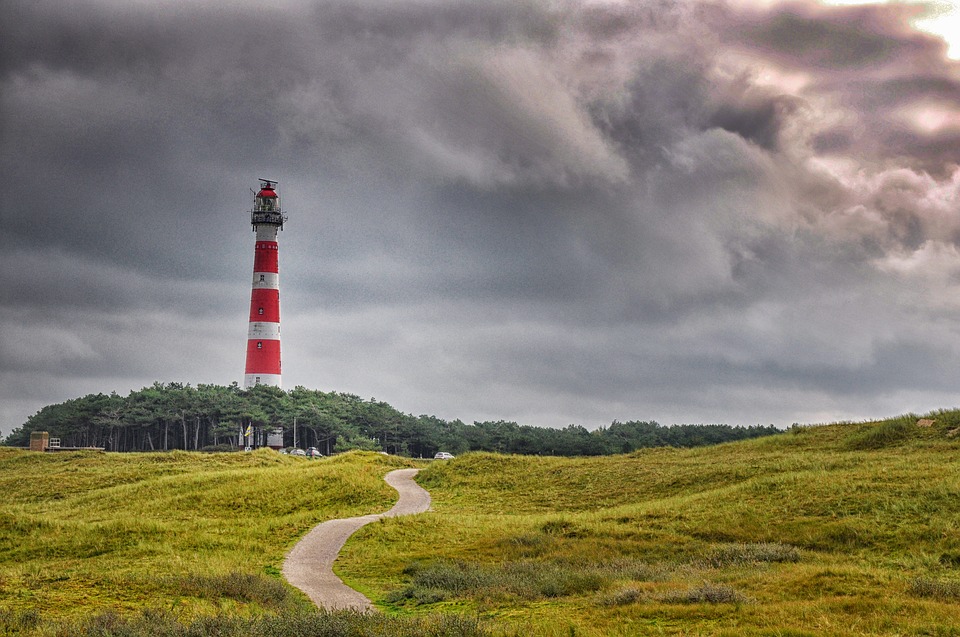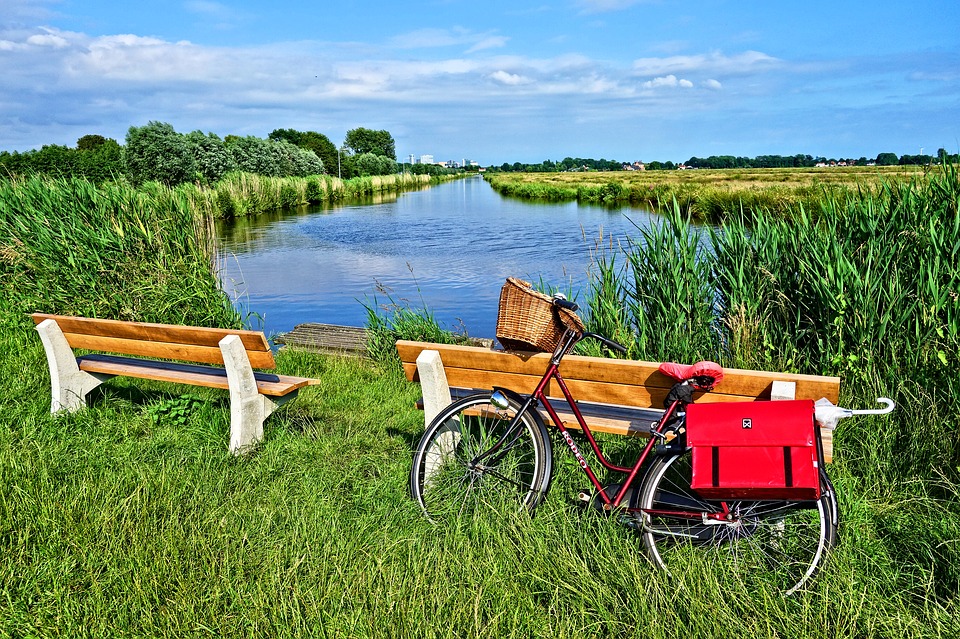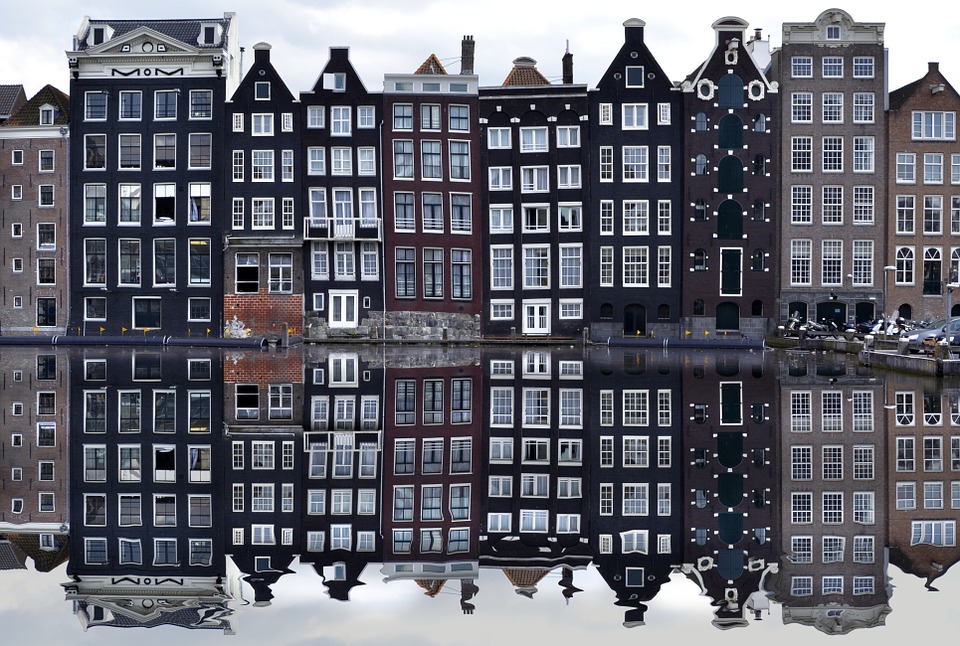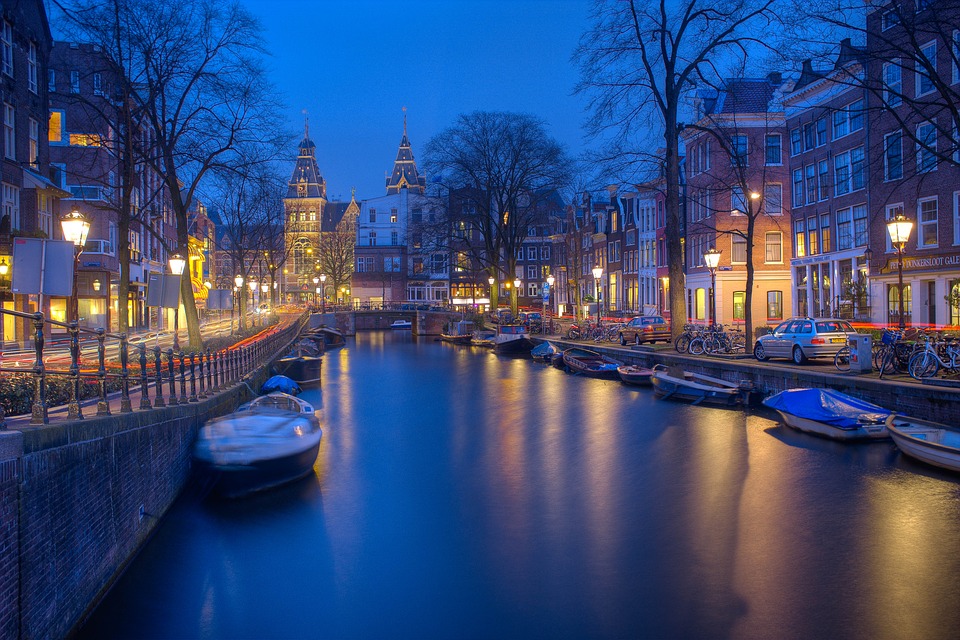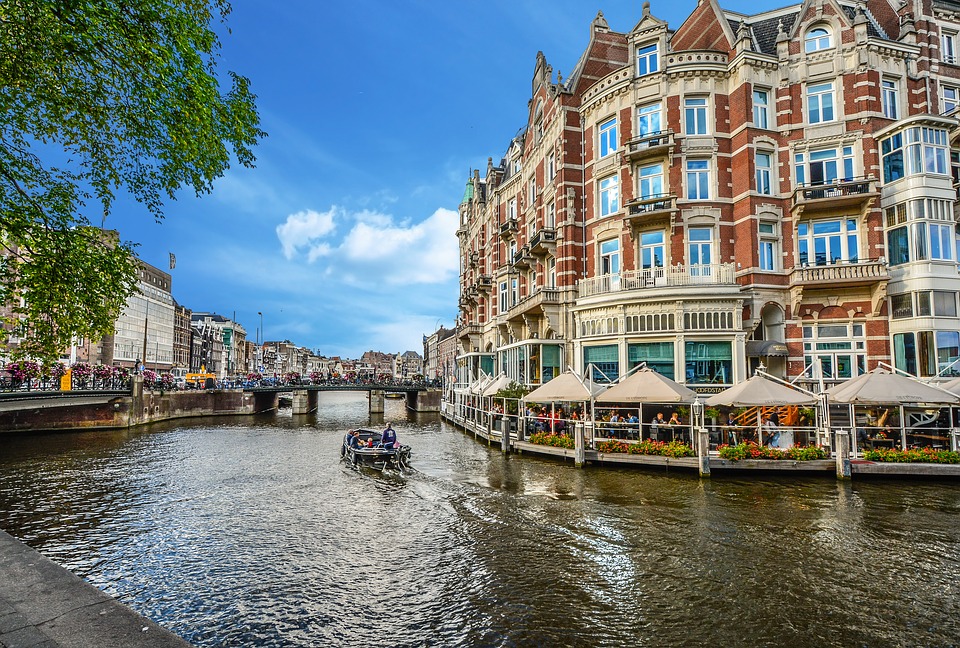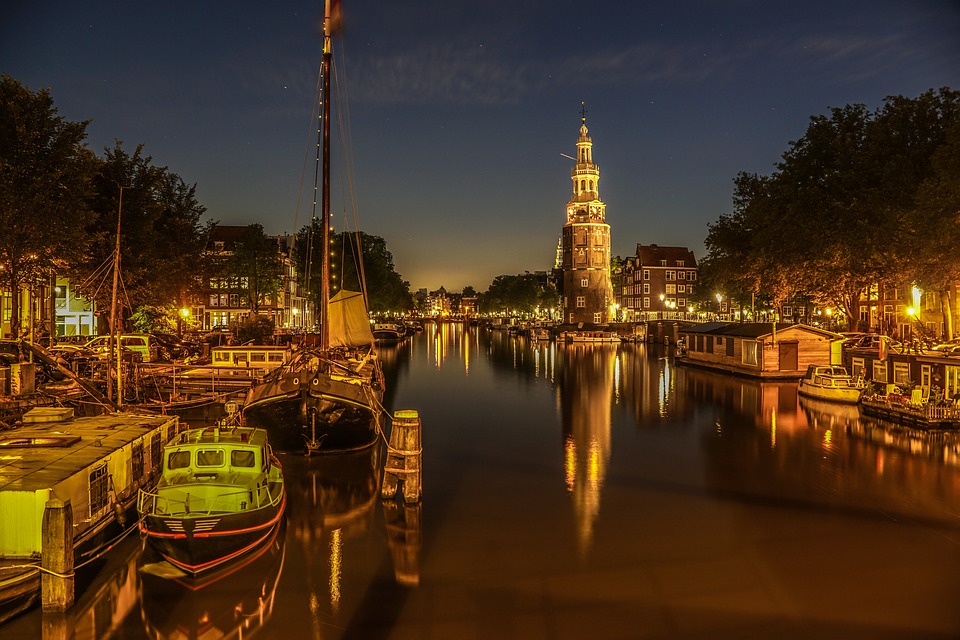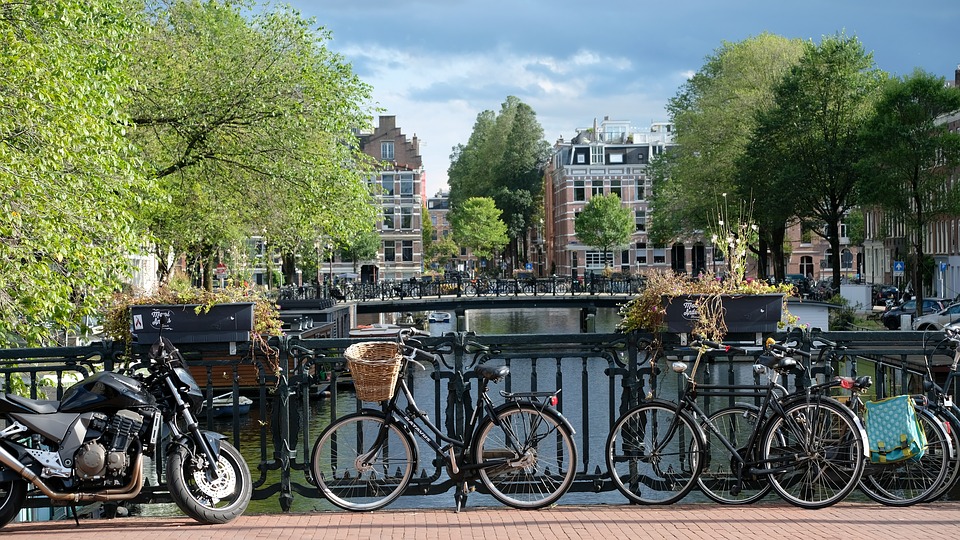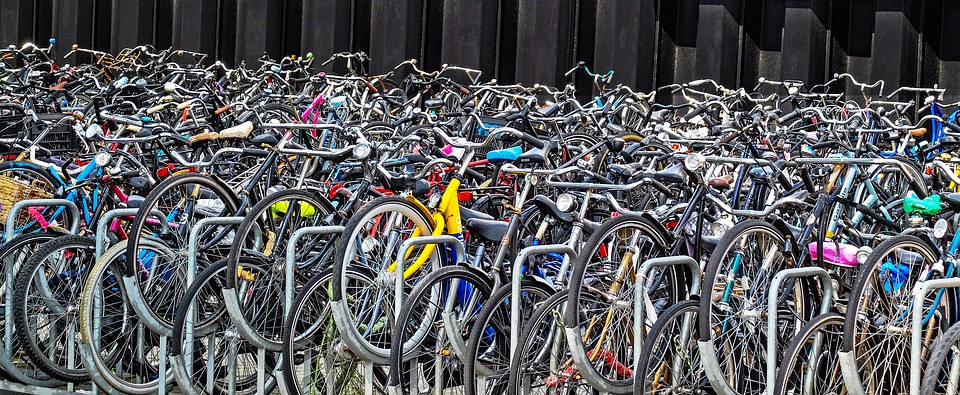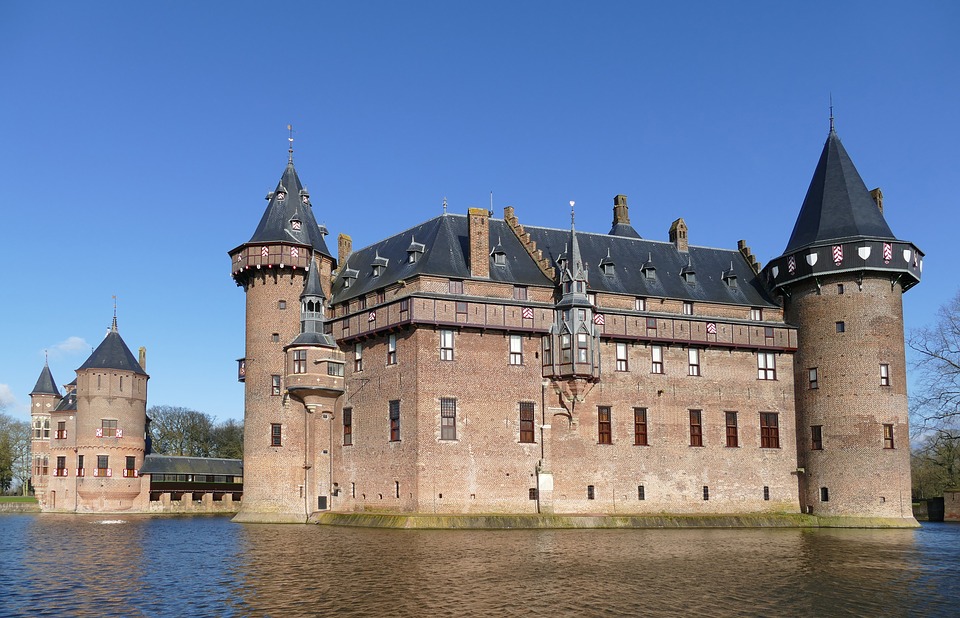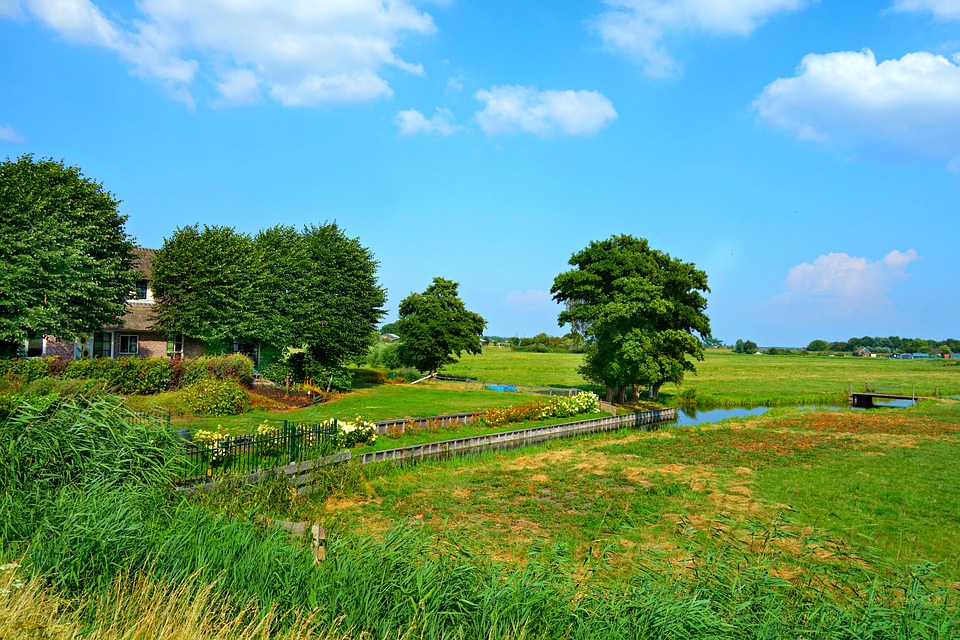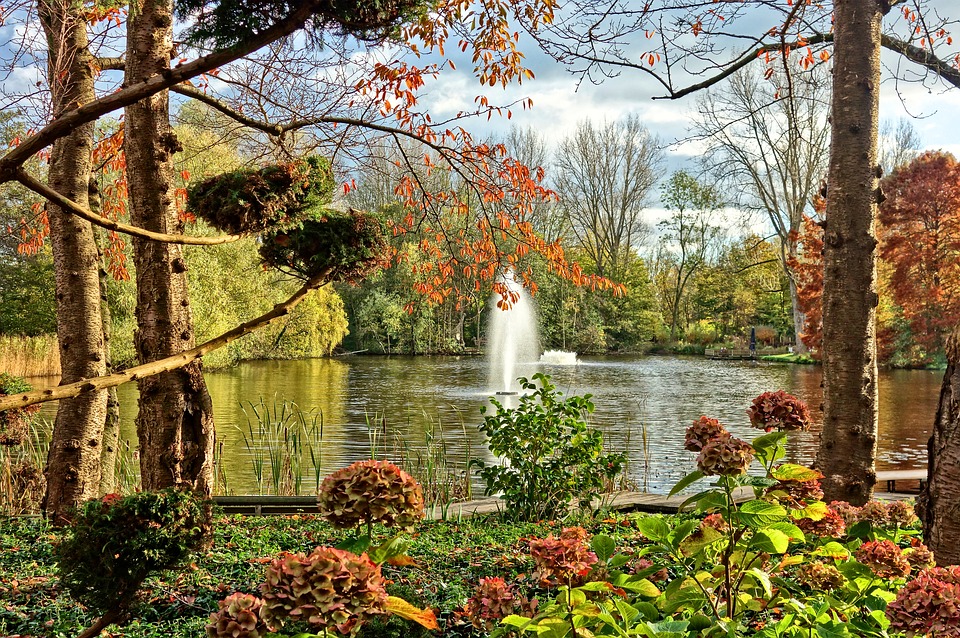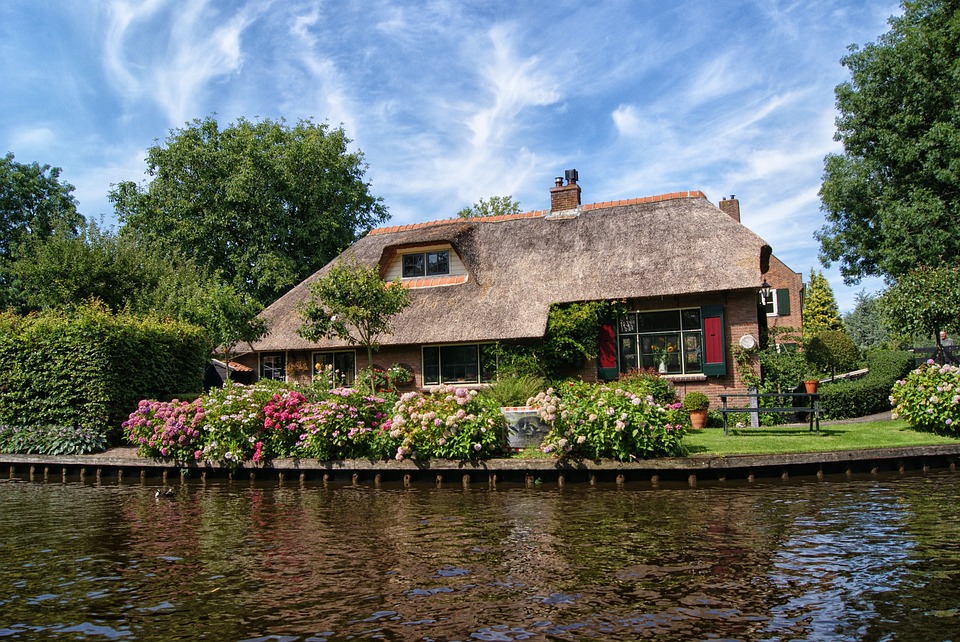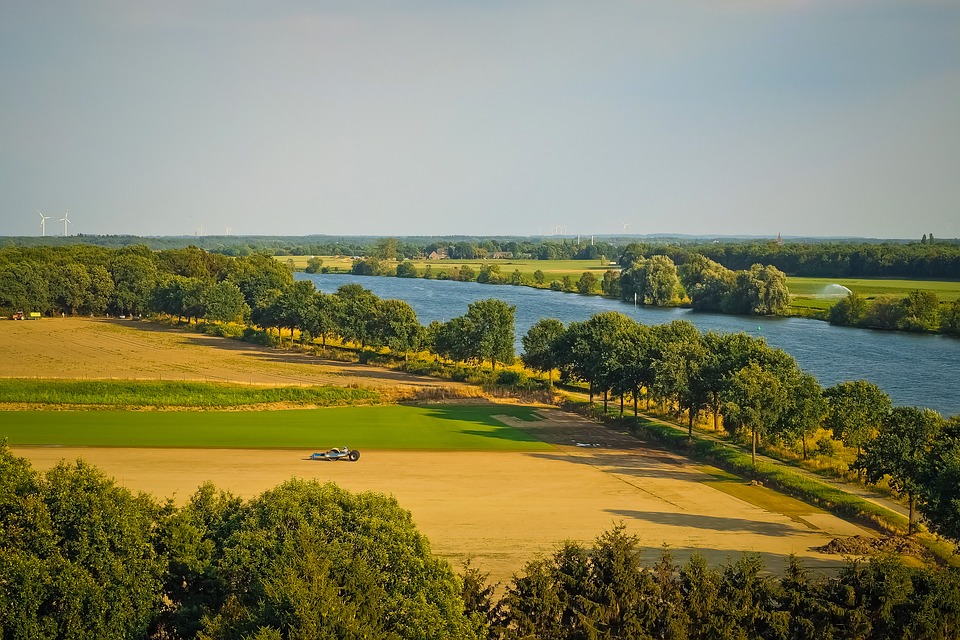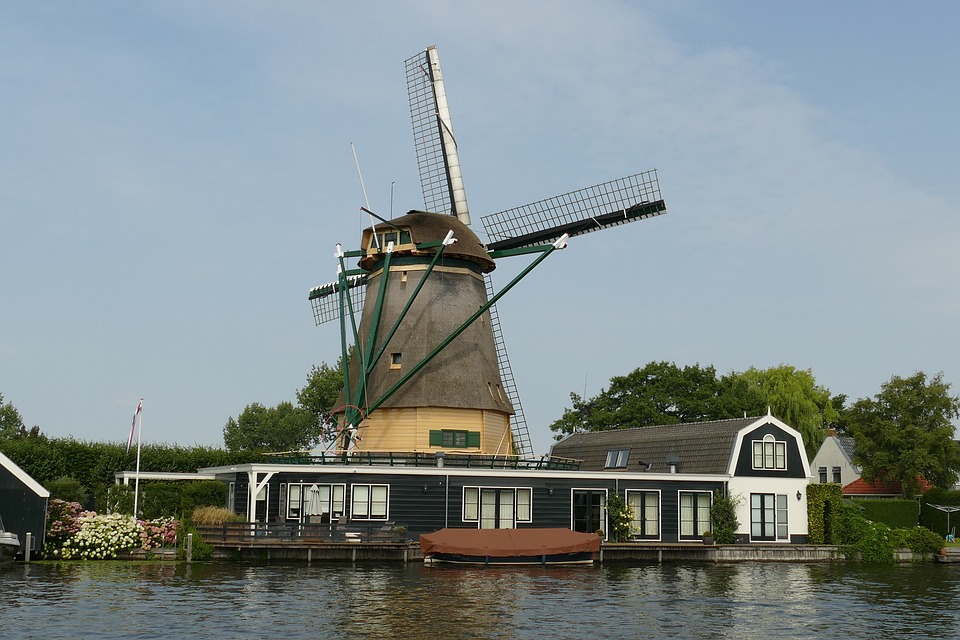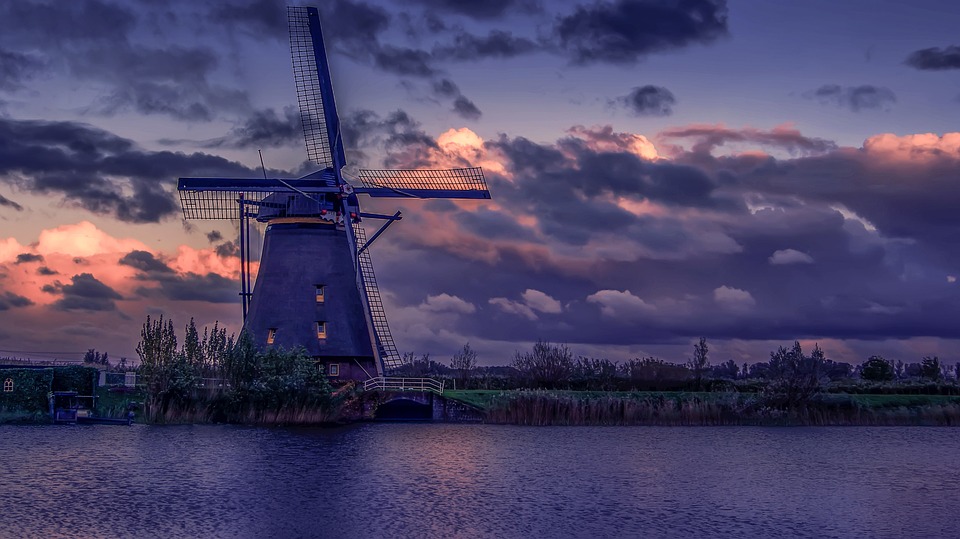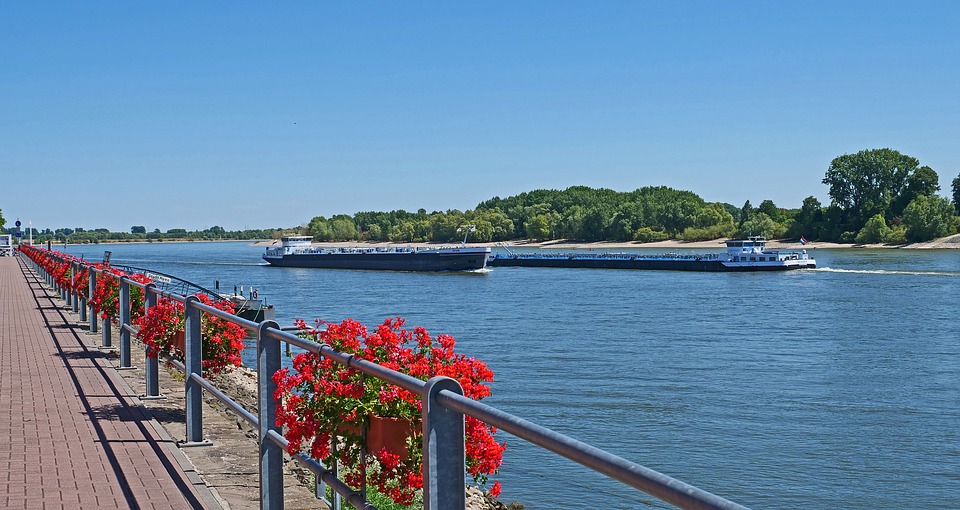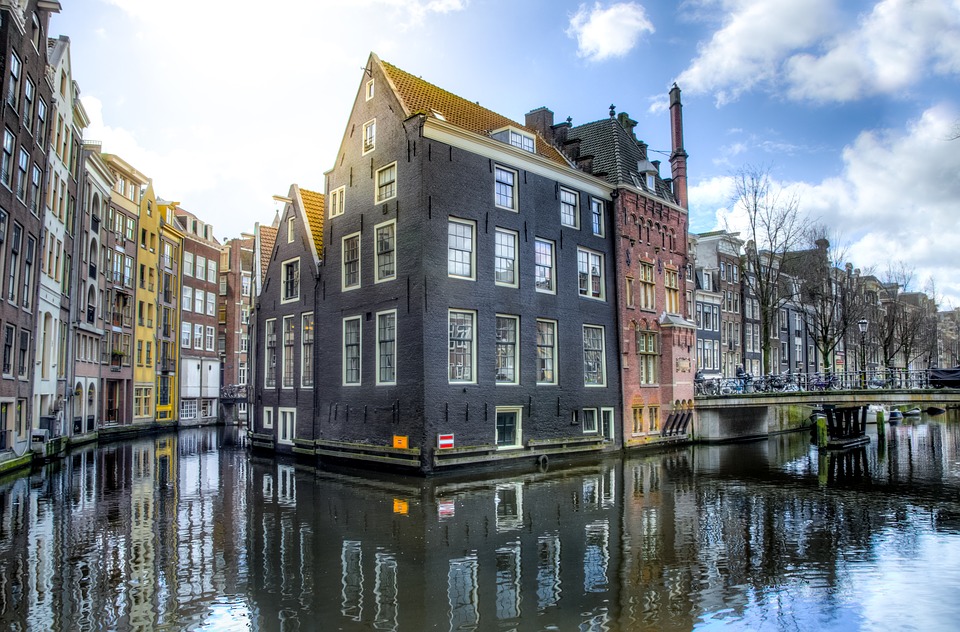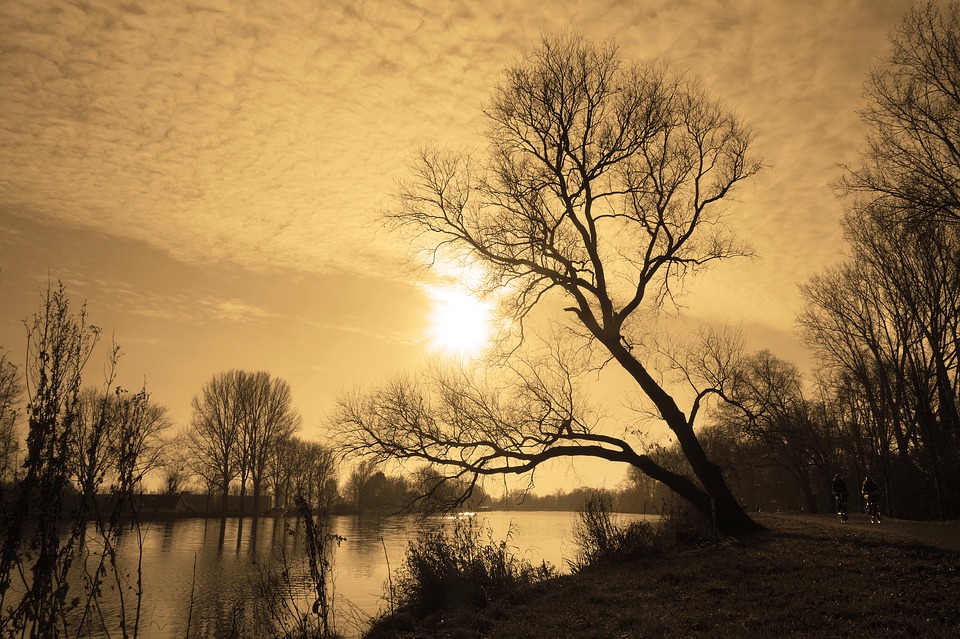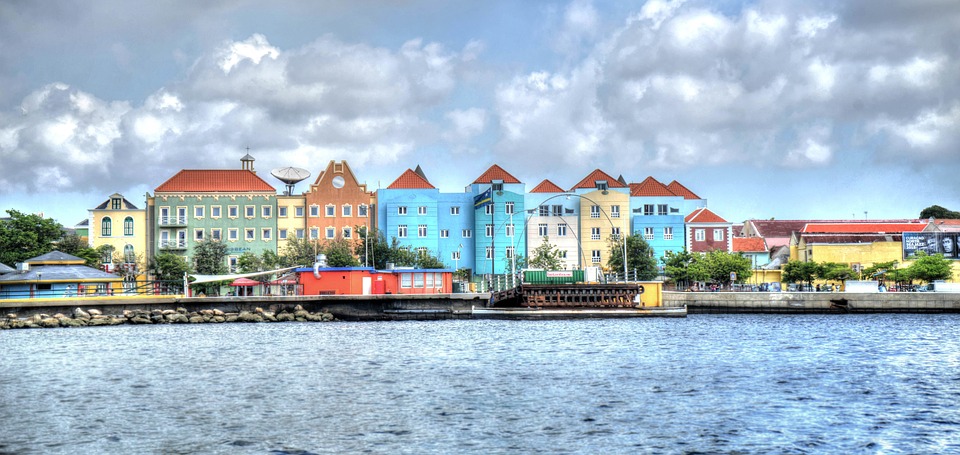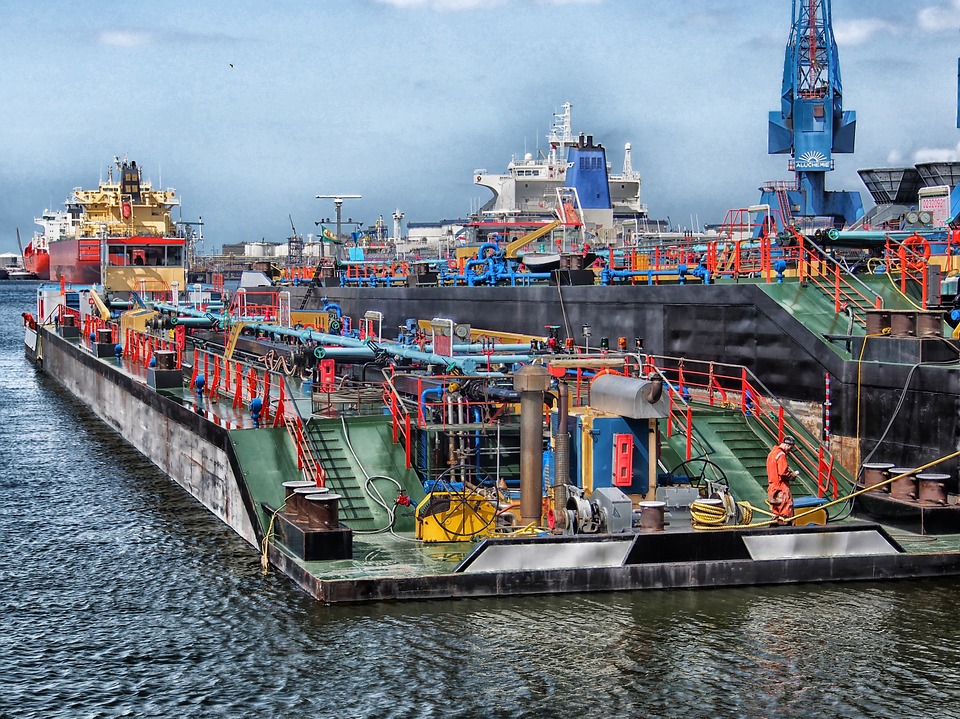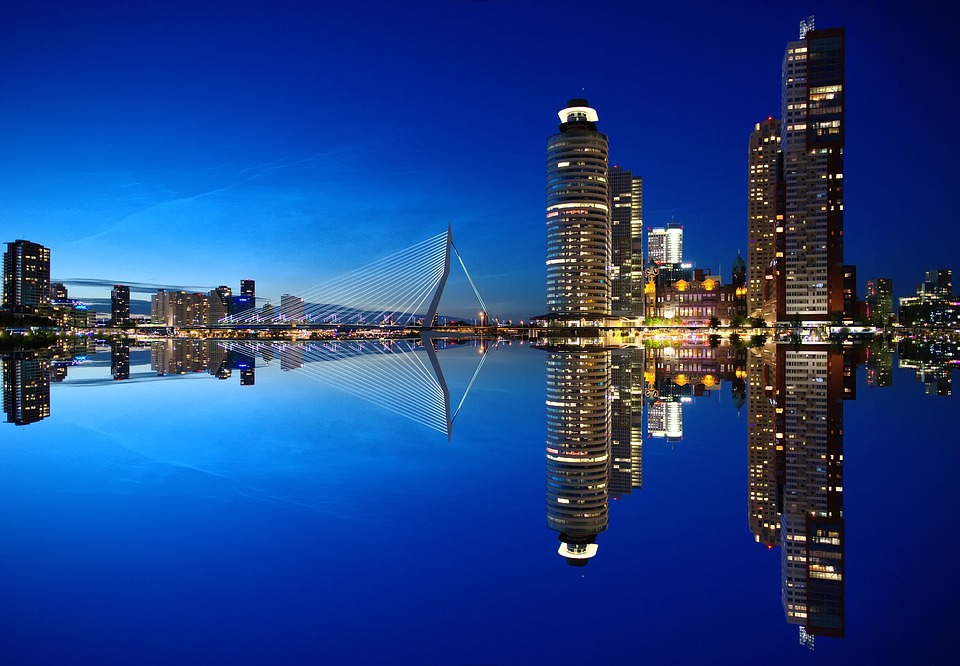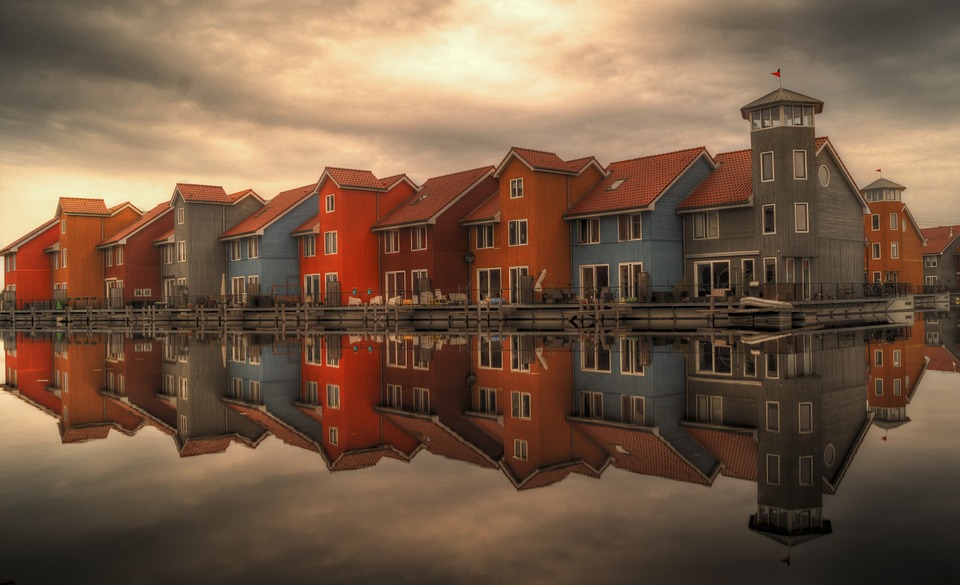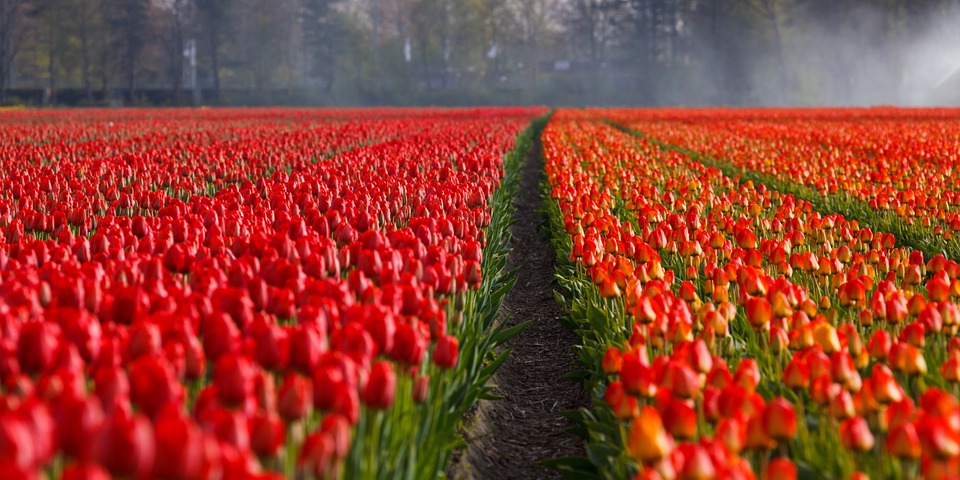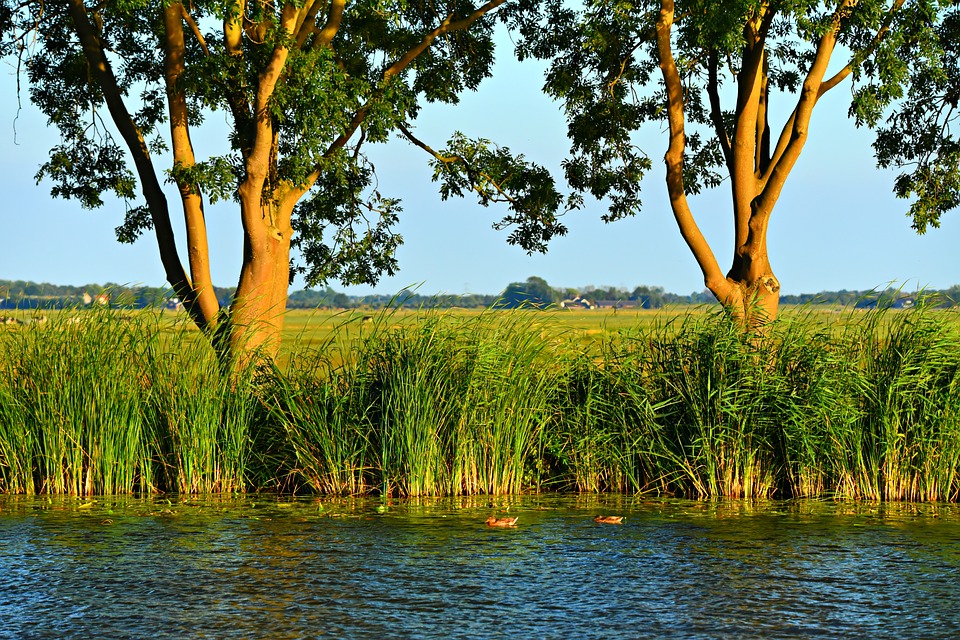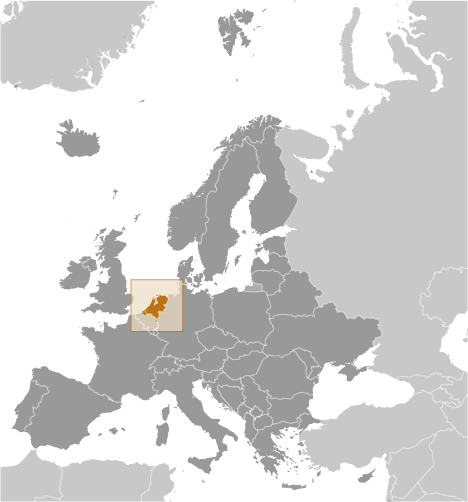Netherlands
(Koninkrijk der Nederlanden (Kingdom of the Netherlands))

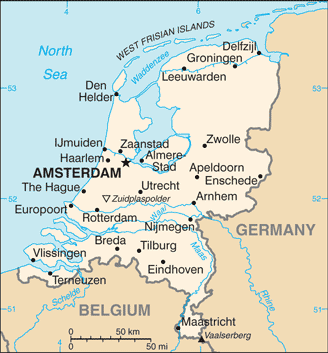
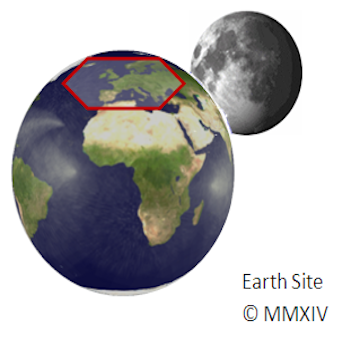
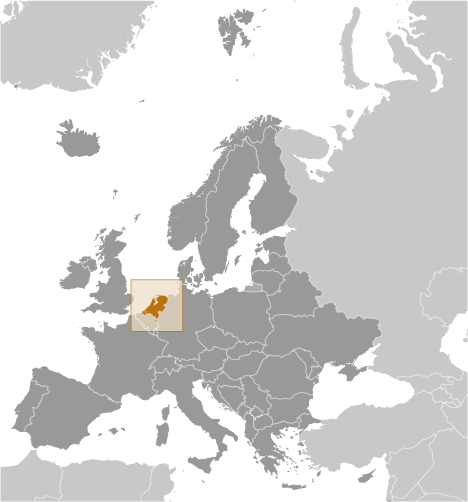
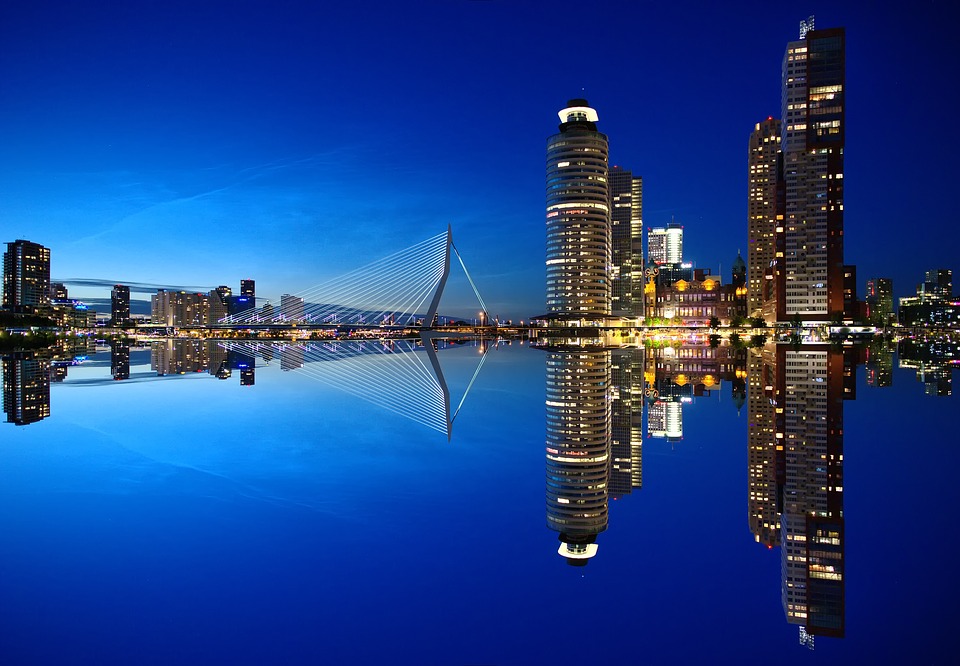
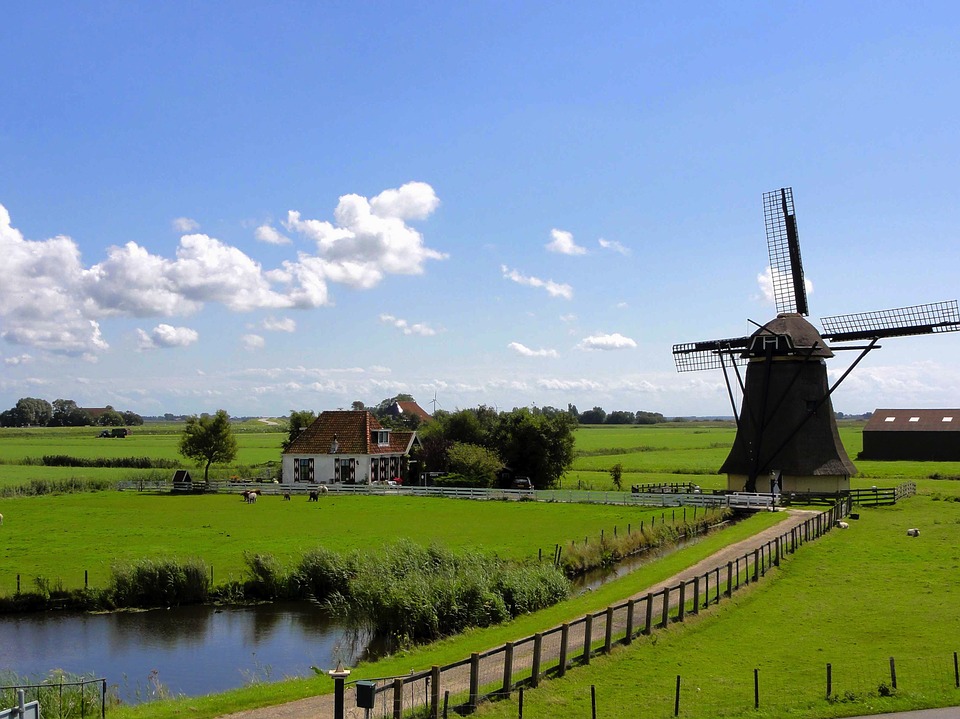
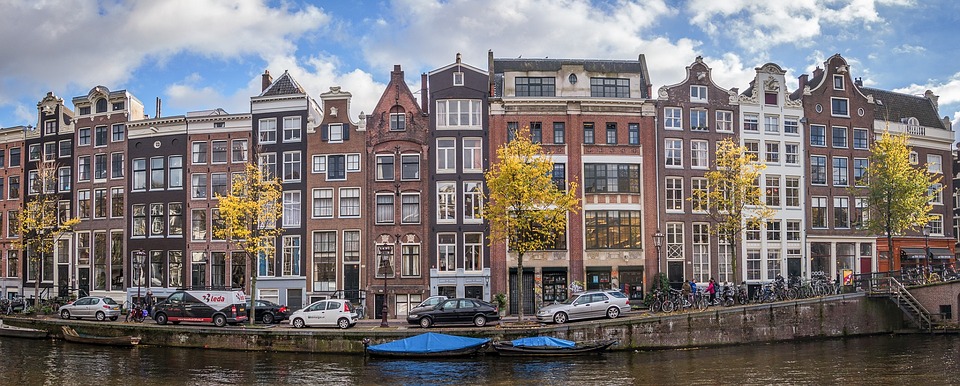
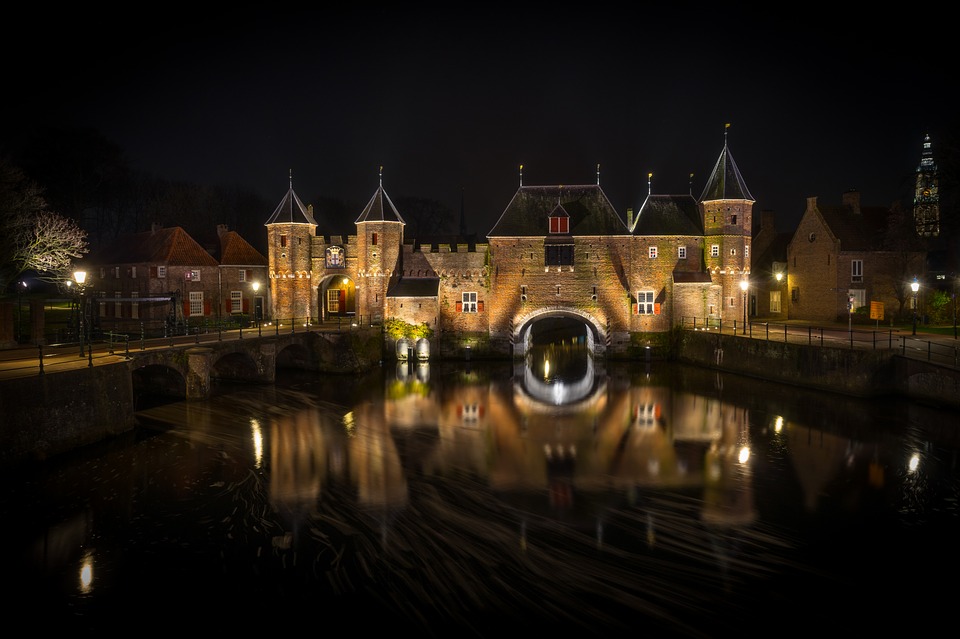
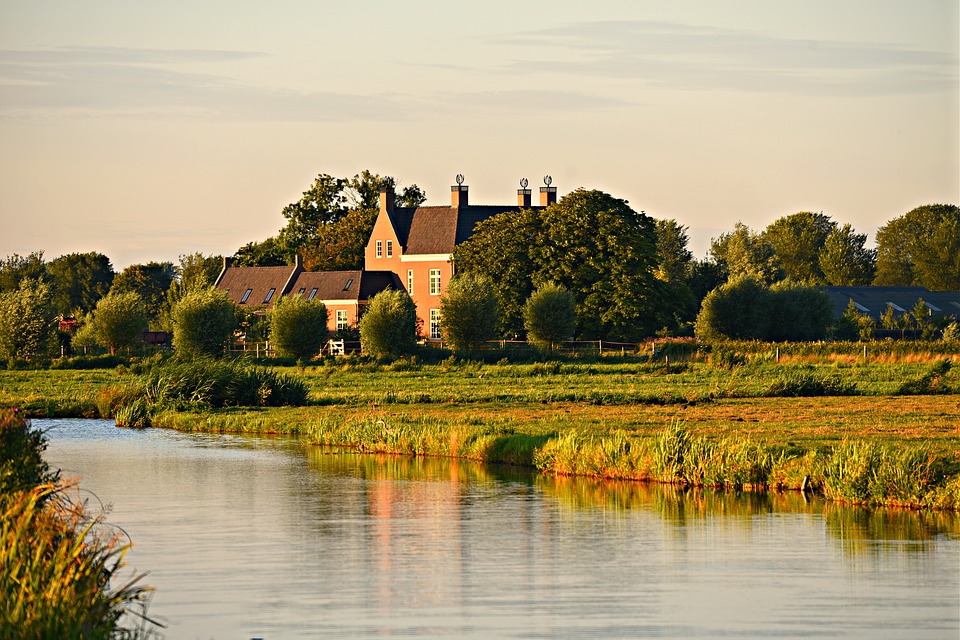
Capital of the Netherlands: Amsterdam
Population (Estimated July 2012): 16,730,632
Area: 41,543km2 or 16,040mi2
Currency: Euro (€)
Official Language: Dutch
Political Information: Constitutional Monarchy and Parliamentary Democracy
Official Religion: No Official Religion
(approximately 42% of the population have no religion, 30% are Roman Catholic, 20% are Protestant, 5.8% are Muslim and 2.2% have other religious beliefs).
Highest Point: Vaalserberg hill at 322m or 1,059ft
GDP Official Exchange Rate (OER is more precise at gauging a countries economic power)
(Estimated 2011) $858.3 billion (US$) or (GBP)
GDP Purchasing Power Parity (PPP is good for gauging living conditions and use of resources but not as accurate as OER. This data has been calculated based on the sum value of all goods and services produced in the country valued at prices prevailing in the United States)
(Estimated 2011): $705.7 billion (US$) or (GBP)
GDP (PPP) Per Capita (per member of the population estimated 2011)
$42,300 (US$) or (GBP)
Time Zone (GMT/UTC): +1:00
Counties/Provinces/States: 12 provinces (provincies, singular – provincie); Drenthe, Flevoland, Fryslan (Friesland), Gelderland, Groningen, Limburg, Noord-Brabant (North Brabant), Noord-Holland (North Holland), Overijssel, Utrecht, Zeeland (Zealand), Zuid-Holland (South Holland)
Leaders: King WILLEM-ALEXANDER (since 30 April 2013); Heir Apparent Princess Catharina-Amalia (since 30 April 2013) with Prime Minister Mark RUTTE (since 14 October 2010; Deputy Prime Ministers (since 26 October 2017) .
Sources: CIA World Fact Book, Encyclopaedia Britannica.
No Results Found
The page you requested could not be found. Try refining your search, or use the navigation above to locate the post.
